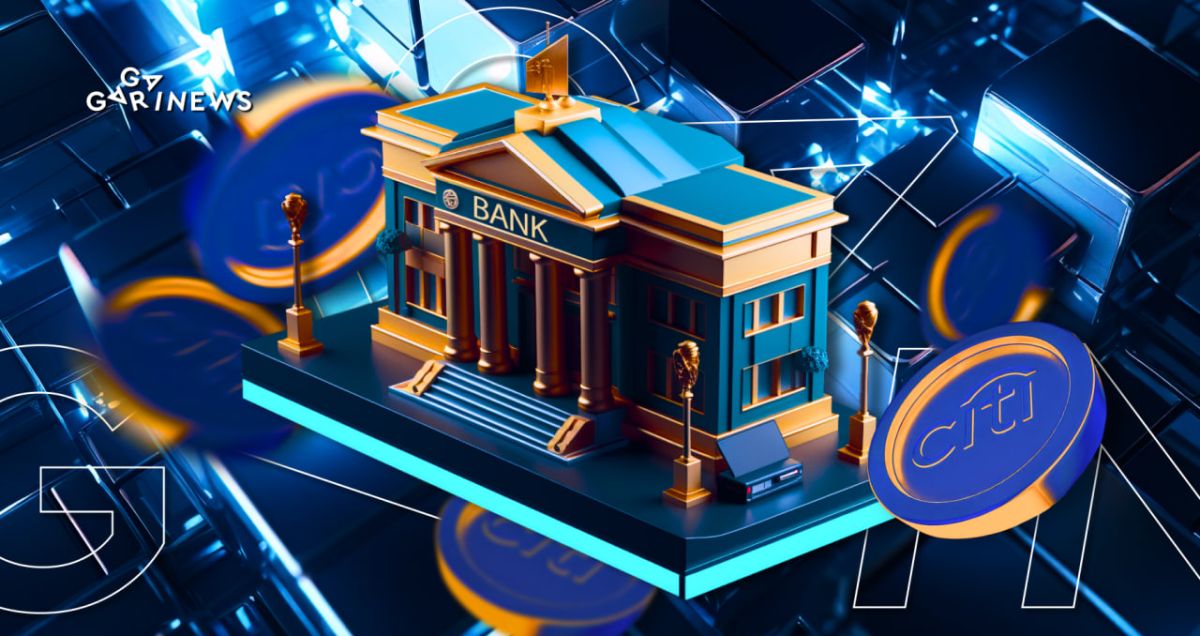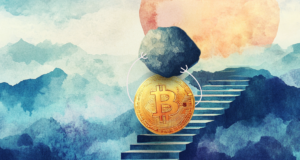Citi’s Token Service and the Future of Banking

Traditional Finance (TradFi) is experiencing a surge of transformative trends. Following the footsteps of other major entities in the sector, Citibank is embracing blockchain technology. With the innovative Citi Token Service and smart contracts, this banking behemoth is aiming to enhance the transparency and efficiency of its services.
On this page
Citibank was founded in 1812 as the City Bank of New York and has since expanded to over 2,600 branches in 19 countries globally. Its American branches are located in major urban areas such as New York, Chicago, Los Angeles, Washington, and more. With a net worth of $327.08 billion, Citibank ranks as the third-largest bank in the United States by assets.
In a recent interview with CNBC, Ryan Rugg, the Global Head of Digital Assets at Citibank, elaborated on the transformative journey her company is currently undergoing. After operating within traditional financial paradigms for two centuries, Citibank is “reinventing itself,” utilizing blockchain technology and embarking on an ambitious path to upgrade services for its institutional clients.
Rugg clarified that, through Citi Token Services, the bank can tokenize the deposits of its clients. This innovation enables the instantaneous transfer of funds to any location around the globe within a matter of seconds.
Think of the future where you can do just-in-time funding if it's Saturday or it's Friday night 5 PM in the US and 5 a.m in Singapore but you need to get money there you can send that immediately within seconds,
shared the executive.
Moreover, Citi is delving into the potential of smart contracts. According to Rugg, this advancement holds immense potential to induce revolutionary shifts in trading processes.
Ryan Rugg has a profound passion for blockchain. Source: Youtube.com
To illustrate the practical application of smart contracts, the expert explained a partnership agreement Citibank forged with Maersk, the titan of shipping and logistics. This carrier had pre-financed a specialized smart contract through digital tokens. Once the maritime channel rendered the requisite services to Maersk, the tokens were automatically disbursed to the vendor. Thus, bypassing excess bureaucracy and avoiding the conventional paper trail, the transaction time was condensed from several days to mere minutes—a noteworthy advancement in efficiency and productivity!
A sector notorious for its reliance on archaic, paper-intensive processes is at the forefront of blockchain adoption,
states Ryan Rugg.
It’s pivotal to mention that Citi is executing its innovative project on a private blockchain, not a public one. Opting for a private blockchain is partially due to the prevailing regulatory framework. The banking sector is venturing into unknown territories, and compliance with regulatory norms is crucial. Nonetheless, Rugg isn’t dismissing the potential shift to a public blockchain in the future.
The prospect of banks eventually transitioning to public blockchains hinges on regulatory developments, adding an element of uncertainty to this transformative journey,
she underscores.
As we have previously reported, amid the regulatory turmoil and the ever-evolving cryptocurrency landscape, the concept of tokenizing tangible assets via blockchain has emerged as a prominent trend this year. Financial entities are realizing the imperative of market modernization.
Analysts predict that trillions of dollars in financial assets will be tokenized within the next five years,
Ryan Rugg concludes.
The projection highlights the substantial changes reshaping the financial sector.
The content on The Coinomist is for informational purposes only and should not be interpreted as financial advice. While we strive to provide accurate and up-to-date information, we do not guarantee the accuracy, completeness, or reliability of any content. Neither we accept liability for any errors or omissions in the information provided or for any financial losses incurred as a result of relying on this information. Actions based on this content are at your own risk. Always do your own research and consult a professional. See our Terms, Privacy Policy, and Disclaimers for more details.



























